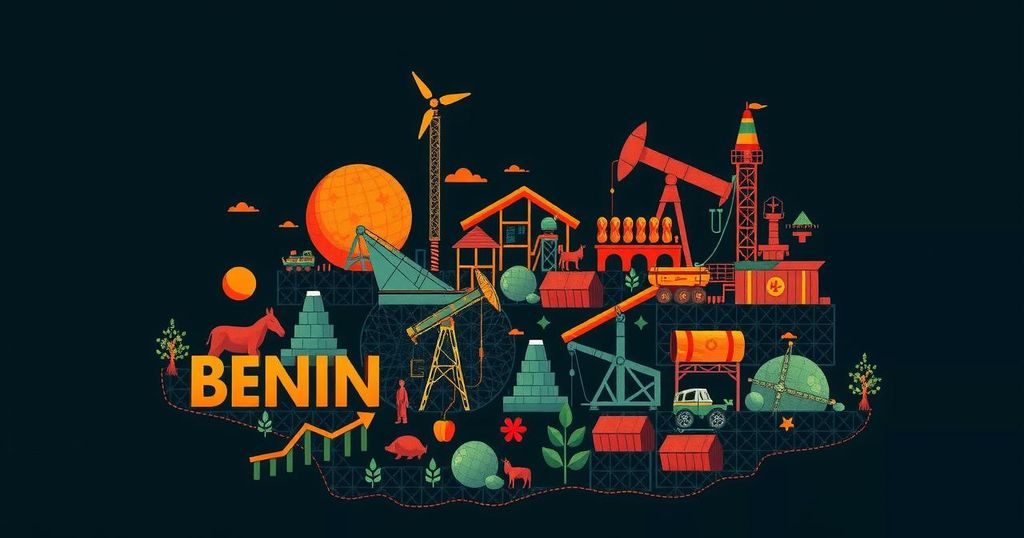Overview of Benin’s Economic Landscape and Development Challenges

Benin’s economy has faced historical challenges, largely dependent on foreign aid since independence. A series of economic reforms including socialist policies and subsequent liberalization have sought to address stagnation yet corruption remains problematic. Agriculture remains a cornerstone of employment and food security. Recent efforts emphasize privatization and modernization of various sectors, aimed at improving overall economic conditions.
Benin’s economy has historically relied on foreign support, particularly from France and various international organizations, to alleviate substantial economic stagnation and low living standards among the majority of its population. Following a coup in 1972, the then-new regime endeavored to restructure the economy under socialist principles, nationalizing many industries and seeking ties with the Soviet Union and other communist states. However, despite these shifts and a move toward liberalization in the 1980s, persistent corruption and ineffective reforms meant that the economic situation did not noticeably improve. The early 1990s saw a significant pivot with the privatization of the economy, which aimed to eliminate remnants of Marxism.
Located in West Africa, Benin has faced significant economic challenges since gaining independence. The necessity for external financial assistance has shaped its economic landscape, particularly since external aid has provided some relief from its struggles. Diversity in economic sectors has varied over time, with agriculture notably employing about 70% of the workforce while efforts have been made to modernize and expand the manufacturing and industrial sectors.
In summary, Benin’s economy has been shaped by its reliance on foreign aid and a series of economic reforms aimed at improving living standards and diversifying its economic structure. Although significant challenges like corruption and economic mismanagement have persisted, a focus on privatization and agriculture continues to play a critical role in shaping the current economic landscape. Future growth may depend on further investment in infrastructure and effective utilization of its coastal resources for trade.
Original Source: www.britannica.com








